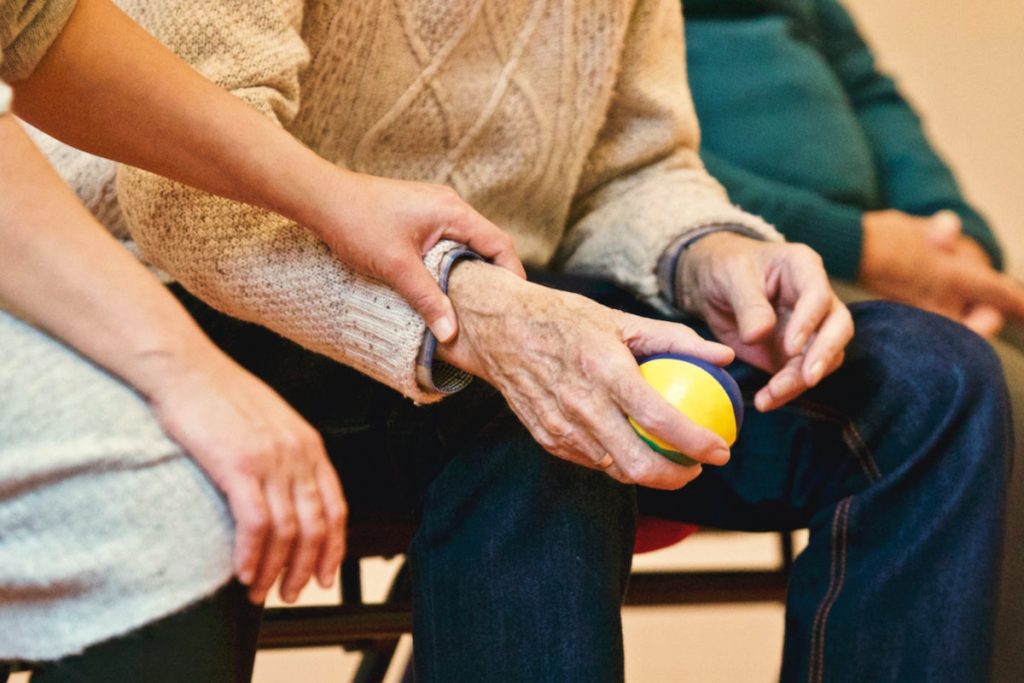Watching a loved one suffer a severe illness can be heartbreaking and frustrating. You want to do everything you can to help them heal, but it’s hard to know what to do or where to start. Your loved one could be recovering from:
- Cancer
- Heart disease
- Stroke
- Anxiety disorder
- Depression
Here are some tips on supporting your loved one during their recovery.
Be There for Them Emotionally
One of the best things you can do is be there for them emotionally. Listen to them when they want to talk, and give them space when needed. Be patient with them, and let them know that you’re there for them no matter what. It’s also important to refrain from giving unsolicited advice unless they ask for it. Sometimes the most helpful thing you can do is be present and listen.
The Power of Listening and Being Present
Sometimes, the best thing you can do is listen and be present. Active listening means giving full attention to the person speaking and not interrupting or offering advice unless asked. It sounds easy enough, but amid a crisis, it’s often hard to be present for someone else. If you can put your feelings and thoughts aside and focus on being there for the other person, it can make a world of difference.
Research Their Illness
If you want to be more involved in your loved one’s recovery, research their illness. This will help you better understand what they’re going through, and you may even be able to find new ways to help them cope or treatment options that you weren’t aware of before. But make sure you only use reliable sources–consult with their doctor if you have any questions or concerns.
If your loved one is dealing with a more serious illness like cancer, you can also look into ways to help them with their treatments. You can give them a ride to and from appointments or help them with household tasks so they can focus on getting better. Visit a cancer institute near you to learn more and know the possible ways you can help in treatment and recovery.
Knowing what they are going through means a lot to your loved one. It lets them know that you care enough to take the time to understand what they’re going through, and it can make a big difference in their recovery.

Encourage Them to Stay Positive
It’s important to encourage your loved one to stay positive throughout their recovery. This doesn’t mean you should try to downplay the seriousness of their illness. Still, it’s important to focus on the positive aspects of the situation and look toward the future. Help them set small goals to work towards and celebrate each milestone.
Recognize that it’s Hard to Stay Positive
It can be difficult to stay positive when you’re going through a tough time, and your loved one may have moments where they feel hopeless or like giving up. It’s important to be there for them and remind them that you believe in them and their recovery ability.
Be Their Advocate
If your loved one is having trouble navigating the healthcare system or communicating with their doctors, offer to be their advocate. This means you’ll be their point of contact with the healthcare team and be responsible for keeping track of appointments, medications, and other important information. This can be a big help to your loved ones and will take some burdens off them during their recovery.
Help Out Around the House
If your loved one is recovering at home, offer to help out around the house with things like cooking, cleaning, or errands. Taking care of household tasks can be taxing when you’re not feeling well, so your help will be much appreciated. Make sure you don’t overdo it–pace yourself and take breaks as needed.
Give Them Time and Space
It’s important to give your loved one time and space to recover at their own pace. Don’t push them to do more than they’re comfortable with; respect their decision if they need time alone. They may not be ready to talk about what they’re going through immediately, and that’s OK. Let them know you’re there for them when they’re ready to talk.
Support Matters
No one likes watching a loved one go through a severe illness, but there are ways you can help support them during their recovery. Just remember to take care of yourself, too – it’s important to pace yourself and take breaks as needed.






